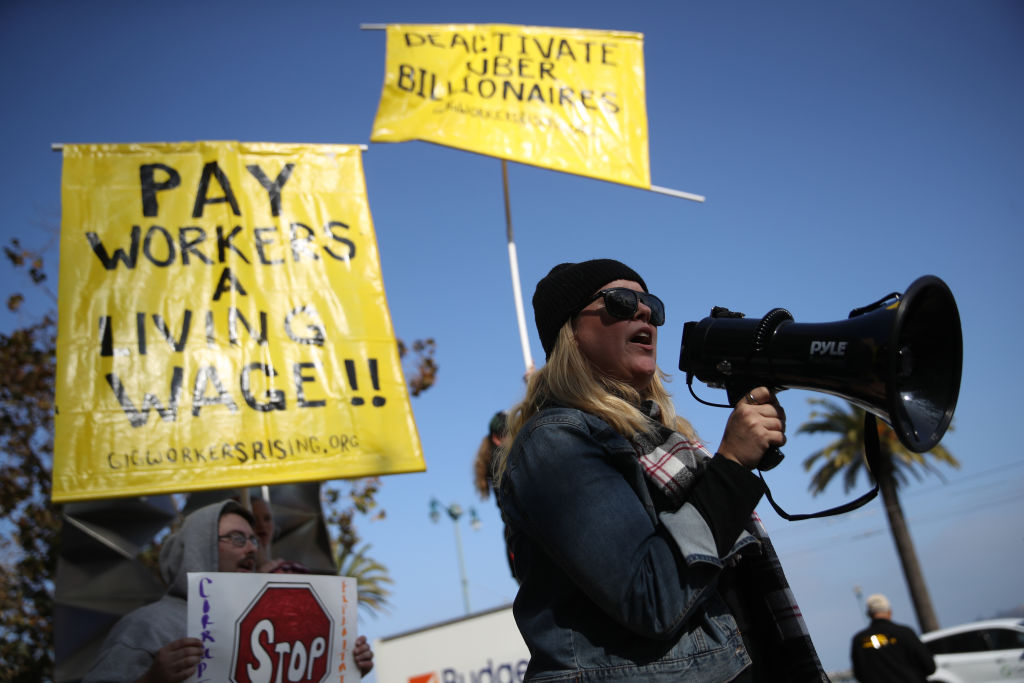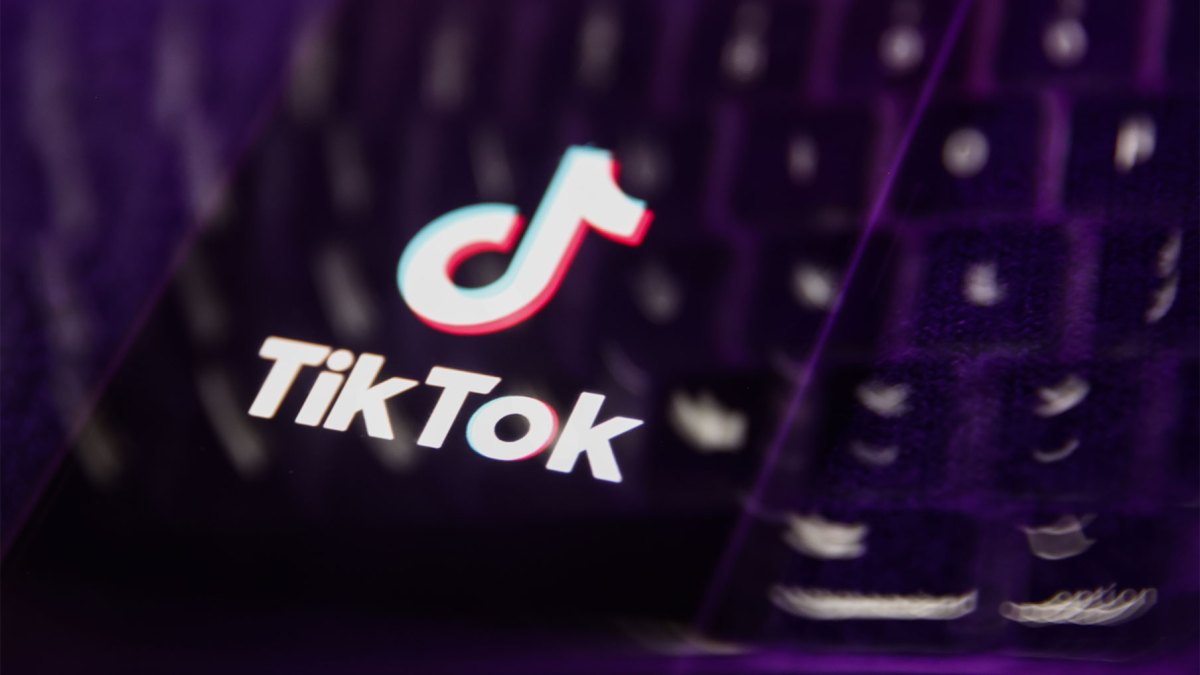Judge Warns: FTC's Media Matters Probe Threatens Free Speech

In a significant legal development, a federal judge has intervened to halt the Federal Trade Commission's (FTC) investigation into Media Matters for America, a nonprofit organization dedicated to monitoring and correcting misinformation in the media. This investigation primarily focuses on the organization’s research concerning advertising practices and the proliferation of antisemitic content on X, the platform formerly known as Twitter. The ruling has stirred conversations about the intersection of tech, advertising, and social responsibility, particularly as it pertains to the spread of harmful content online.
The judge’s decision comes at a time when the scrutiny of social media platforms has reached unprecedented levels. With the rise of misinformation and hate speech, particularly antisemitic rhetoric, platforms like X have faced mounting pressure from various stakeholders, including civil rights groups, advertisers, and regulatory bodies. Media Matters, known for its vigorous stance against hate speech and misinformation, has been at the forefront of these discussions, conducting research that underscores the impact of harmful content on both users and advertisers.
In the wake of the ruling, questions are being raised about the implications for the FTC's role in regulating advertising practices and protecting consumers from misleading or harmful content. The FTC has historically played a crucial role in overseeing advertising and ensuring that companies adhere to fair practices. However, the agency's efforts to investigate potential malpractices, particularly in relation to how platforms manage and monetize content, have now been stymied.
The investigation was initiated after Media Matters published findings that highlighted the troubling relationship between advertising on X and the platform's handling of antisemitic content. Their research suggested that major brands were inadvertently funding the spread of hate speech by advertising on a platform that had not effectively cracked down on such content. This revelation sparked outrage among advertisers and prompted calls for greater accountability from social media companies.
As Media Matters delved into the issue, they uncovered various instances where antisemitic content was not only prevalent but also being monetized through ads. This raised alarms not just about the ethical implications but also about the potential reputational damage to brands associated with the platform. In essence, the report positioned Media Matters as a watchdog, urging advertisers to reconsider their partnerships with X in light of the platform's content moderation policies.
However, the FTC's attempt to investigate these findings was met with resistance, culminating in a federal judge's ruling that effectively put the brakes on the agency's inquiry. Critics of the ruling argue that it sets a dangerous precedent, suggesting that powerful entities can evade regulatory scrutiny, particularly when it comes to issues of hate speech and misinformation. They contend that the ruling could embolden platforms to neglect their responsibilities, knowing that oversight may be hindered.
Supporters of the ruling, on the other hand, assert that it protects the rights of organizations like Media Matters to conduct their research without the looming threat of government intervention. They argue that such investigations could chill free speech and inhibit the ability of watchdogs to hold powerful platforms accountable for their content moderation practices.
As the legal battle unfolds, the broader implications for the tech industry are becoming increasingly clear. The ruling highlights the tension between regulatory bodies and social media platforms, particularly as it relates to the enforcement of advertising standards and the responsibility these platforms have in moderating content. Moreover, it underscores the challenges that arise when attempting to balance free speech with the need to combat hate speech and misinformation.
In the current landscape, where misinformation can spread like wildfire and harmful content can go unchecked, the role of organizations like Media Matters is more critical than ever. Their research and advocacy play a vital role in holding platforms accountable, but they also face significant hurdles when it comes to influencing change within the industry.
The fallout from this ruling could have far-reaching consequences for both Media Matters and the FTC. For Media Matters, the challenge will be to continue its advocacy efforts without the backing of a formal investigation, which could limit its ability to compel change among advertisers and platforms. For the FTC, the ruling raises questions about its authority and effectiveness in regulating the digital ad landscape, particularly in an era where misinformation is rampant.
As discussions about the responsibilities of social media platforms and their impact on society continue to evolve, the attention now turns to how stakeholders will respond. Will advertisers continue to support platforms that fail to address the spread of hate speech? Will regulatory bodies find new ways to engage with and oversee digital platforms? And how will organizations like Media Matters adapt to this new landscape in their fight against misinformation?
Ultimately, this legal battle serves as a crucial touchpoint in the ongoing discourse about the role of technology in society, the responsibilities of platforms, and the importance of safeguarding against harmful content. As the tech industry navigates these complex waters, the stakes have never been higher, and the outcome of this case could set important precedents for the future of digital advertising and content moderation.
As we look ahead, it’s essential for all stakeholders—advertisers, social media platforms, watchdog organizations, and regulators—to engage in a constructive dialogue. Only through collaboration can we hope to create a safer and more responsible digital environment that prioritizes the well-being of users while respecting the principles of free expression.
What's Your Reaction?
 Like
0
Like
0
 Dislike
0
Dislike
0
 Love
0
Love
0
 Funny
0
Funny
0
 Angry
0
Angry
0
 Sad
0
Sad
0
 Wow
0
Wow
0







































